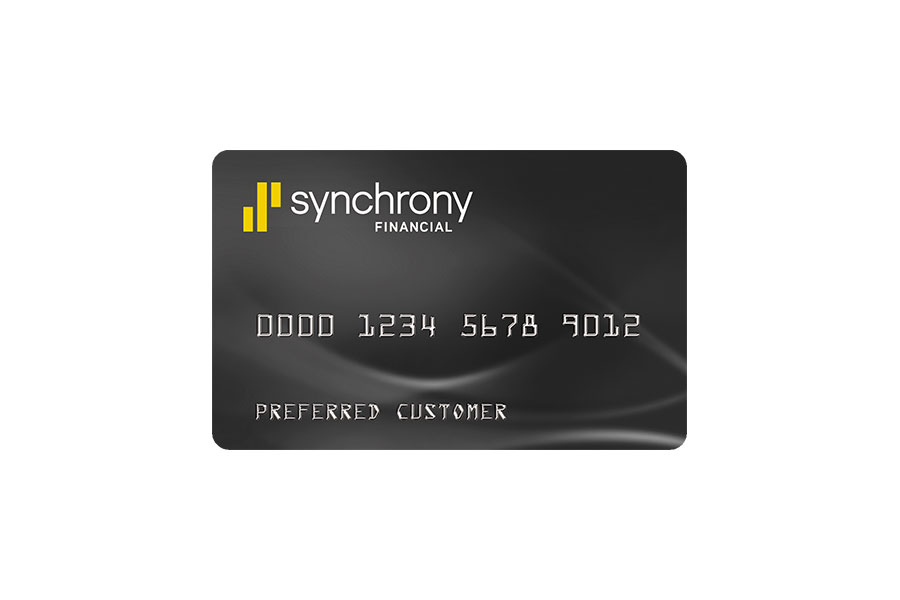Taking your first steps into the world of borrowing money or dealing with low credit scores can be daunting. However, one practical solution that can guide you through these uncharted waters is the starter loan, often known as a credit-starter loan.
Starter loans are personal loans that can be used to build credit for borrowers with little or no credit history. These loans are strategically designed by lenders to help individuals establish the foundation for a positive credit profile. Let’s explore starter loans and their potential to shape your credit score.

What is a starter loan?
A starter loan, often referred to as a “credit starter loan,” is a type of personal loan offered by financial institutions, primarily to individuals who are new to credit or are looking to rebuild their credit profile.
Starter loans are designed to help people establish credit and build a good credit history. They work under the concept of lending small loan amounts to the borrower, with the primary purpose of enabling the borrower to make on time payments, thereby positively affecting their credit score.
How Starter Loans Work
When you apply for a starter loan, the process is somewhat different from applying for other personal loans. Instead of receiving the entire loan amount upfront, the lender places the funds in a savings account or a certificate of deposit. You then make regular monthly payments, including interest, until the loan is completely paid off.
Upon successful completion of the repayment term, the lender releases the funds to you. As you make payments, the lender reports your on-time payments to the credit bureaus, helping to build your credit history. Unlike other loan options, the focus of a starter loan is less on the loan amount and more on building credit.
Pros and Cons of Starter Loans
Starter loans, like any financial product, come with their unique set of advantages and disadvantages. A comprehensive understanding of these will allow you to make informed decisions about whether a starter loan is the right choice for you.
Pros
Credit building: The most prominent advantage of credit starter loans is their potential to help build or rebuild credit. For those seeking to establish credit or those working to recover from past credit missteps, these loans can serve as a solid stepping stone towards an established credit history. As long as you make your monthly payments consistently and on time, these loans can play a significant role in improving your credit score.
Lower barriers to entry: Compared to many other loan options, starter loans are far more accessible. These loans are specially designed for individuals with minimal credit history or lower credit scores. As such, the qualification criteria for credit starter loans are typically less stringent. This opens up opportunities for a broader range of individuals to start building credit.
Manageable payments: Because the loan amounts for starter loans are generally smaller, the monthly payments are often more manageable. This makes them a less burdensome commitment, especially for those just starting on their financial journey or those with a tighter budget. It allows you to make regular payments more comfortably, contributing positively to your credit history.
Cons
Interest rates: One potential downside of credit starter loans to keep in mind is the interest rates. Some starter loans may carry higher interest rates compared to other loan types, such as secured personal loans or home equity loans. This can make them more expensive over the long run. It’s crucial to examine the interest rates and fully understand the cost of the loan before committing.
Funds are not immediately accessible: Unlike a traditional personal loan where the loan amount is disbursed upfront, starter loans work differently. The lender typically puts the loan amount into a savings account, which is inaccessible until you have completely paid off the loan. If you need immediate access to cash, this setup might not be suitable.
Risk of negative impact on credit score: As much as a starter loan can help build credit, it can also carry the risk of damaging your credit score if not handled correctly. Late or missed payments are reported to the credit bureaus, which could negatively impact your credit score. Therefore, it’s important to ensure that you can make the necessary payments before taking on a starter loan.
Who is eligible for a starter loan?
Typically, eligibility for a starter loan does not depend on a good credit score or an extensive credit history. Instead, lenders often look at your ability to repay the loan. Factors such as stable employment, consistent income, and the absence of heavy debt could play a role in approval.
According to the Fair Housing Law, lenders are required to provide loan products like starter loans on a non-discriminatory basis, meaning your eligibility won’t be influenced by factors like race, religion, or gender.
How Starter Loans Impact Your Credit
One of the main reasons people opt for credit builder loans like starter loans is to establish credit or repair a damaged credit profile. Regular, on-time payments made towards your starter loan are reported to the credit bureaus, contributing to a good credit history. This consistent reporting helps build your credit and enhances your financial future.
However, the opposite is true for late payments. Late or missed payments can negatively impact your credit score, emphasizing the importance of managing your monthly payments effectively.
Alternatives to Starter Loans
While a starter loan is an effective tool for establishing and building credit, they’re not the only avenue available for those on this journey. Multiple alternatives, each with their unique features and benefits, could potentially better suit your financial needs and circumstances.
Secured Credit Cards
Secured credit cards are a popular alternative to starter loans, particularly for those new to credit. With a secured card, you provide a security deposit that acts as your credit limit. This deposit reduces the risk to the card issuer, making it easier for individuals with little or no credit history, or those with lower credit scores, to get approved.
Just like with credit starter loans, responsible use and timely payments with secured credit cards can help improve your credit score. However, remember that unlike a starter loan, secured credit cards often require a deposit upfront. You also need to consider the potential for higher interest rates and fees.
Cosigned Loans
If you have someone willing to cosign a loan, this can be another alternative to a starter loan. Having a cosigner with a good credit history can help you qualify for a loan with better terms and lower interest rates. However, remember that your cosigner is equally responsible for repaying the loan. Any late or missed payments will not only affect your credit but theirs as well.
Store Credit Cards
Some retailers offer store credit cards, which often have lower credit requirements. These cards can help you establish credit, but they often come with higher interest rates. It’s important to use store cards responsibly, make payments on time, and keep the balance low.
Steps to Get a Starter Loan
Getting a starter loan involves several key steps. First, research potential lenders and compare loan terms, including interest rates and fees. Make sure to understand the full cost of the loan, including the total amount you’ll repay over the life of the loan.
Next, gather necessary documents such as proof of identity, proof of income, and any other paperwork the lender requires. Then, apply for the loan. This may involve filling out an application form and waiting for the lender’s decision. Once approved, the lender will set up your loan, and you can start making payments to build your credit.
Check out our list of the best credit builder loans for 2025.
Tips for Managing Your Starter Loan
Managing your starter loan effectively is key to reaping its benefits. Here are some tips to help you succeed:
- Set Up Automatic Payments: To ensure on-time payments, set up an automatic payment schedule with your lender. This can help you avoid late payments that could harm your credit score.
- Monitor Your Progress: Regularly check your credit score to monitor your progress and ensure your loan payments are being correctly reported to the credit bureaus.
- Budget for Your Loan: Make sure your loan payment fits comfortably within your budget. Remember, the purpose of a starter loan is to build credit, not to strain your finances.
Conclusion
Starter loans can be an excellent tool for those aiming to build or rebuild their credit. With careful management and timely payments, these loans can help pave the way towards a healthy credit score and a robust financial future. However, always remember to thoroughly research and consider your options before committing to a loan. After all, understanding and responsibly managing your financial obligations is a cornerstone of a sound financial future.



